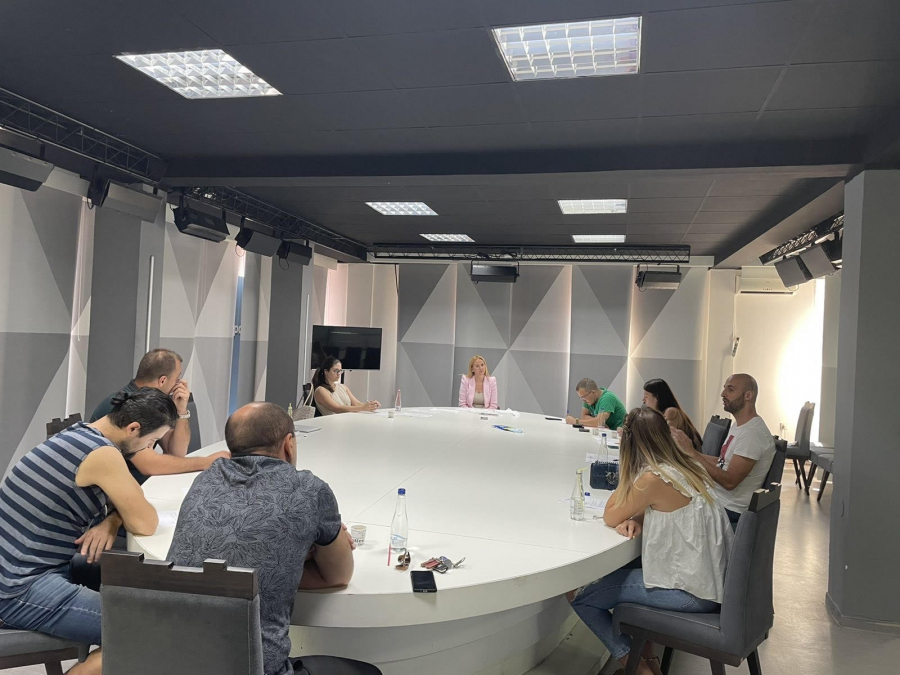24/08/2021

North Mitrovica, August 24, 2021: In the framework of the fieldwork with the PAVE project, KCSS with the support of a local expert organized a focus-group in North Mitrovica with the Serbian community to examine the issue of online and offline (de) radicalization.
Participants included civil society representatives, students, youth and officials. Participants identified religious extremism as a concern, but also that it has become less visible in recent years. For most, there is an inherent relationship between religion and nationalism and this is often utilized to feed on radicalism. The ethno-political radicalization is seen as more potent for destabilization and detrimental to peace. For Serbian community a particular concern is the perception that there is a growing number rof ethnic-based attacks or incidents, and public institutions are failing to appropriately respond to those cases. This is seen as a contributing factor for radicalization. However other argued that religious extremism operates on a long-term strategy and therefore is more detrimental to peace and increases community vulnerability. Gender has played an important part in both radicalization and de-radicalization, and participants noted that with respect to the position of women has greatly improved in general. Having political leaders speak less and making media more professional are seen as important contributing factors for resilience of the community. The discussions in the focus-group showed that in Kosovo there are still serious issues that are not resolved between the Albanian and Serbian communities, and this is also itself detrimental to peace.